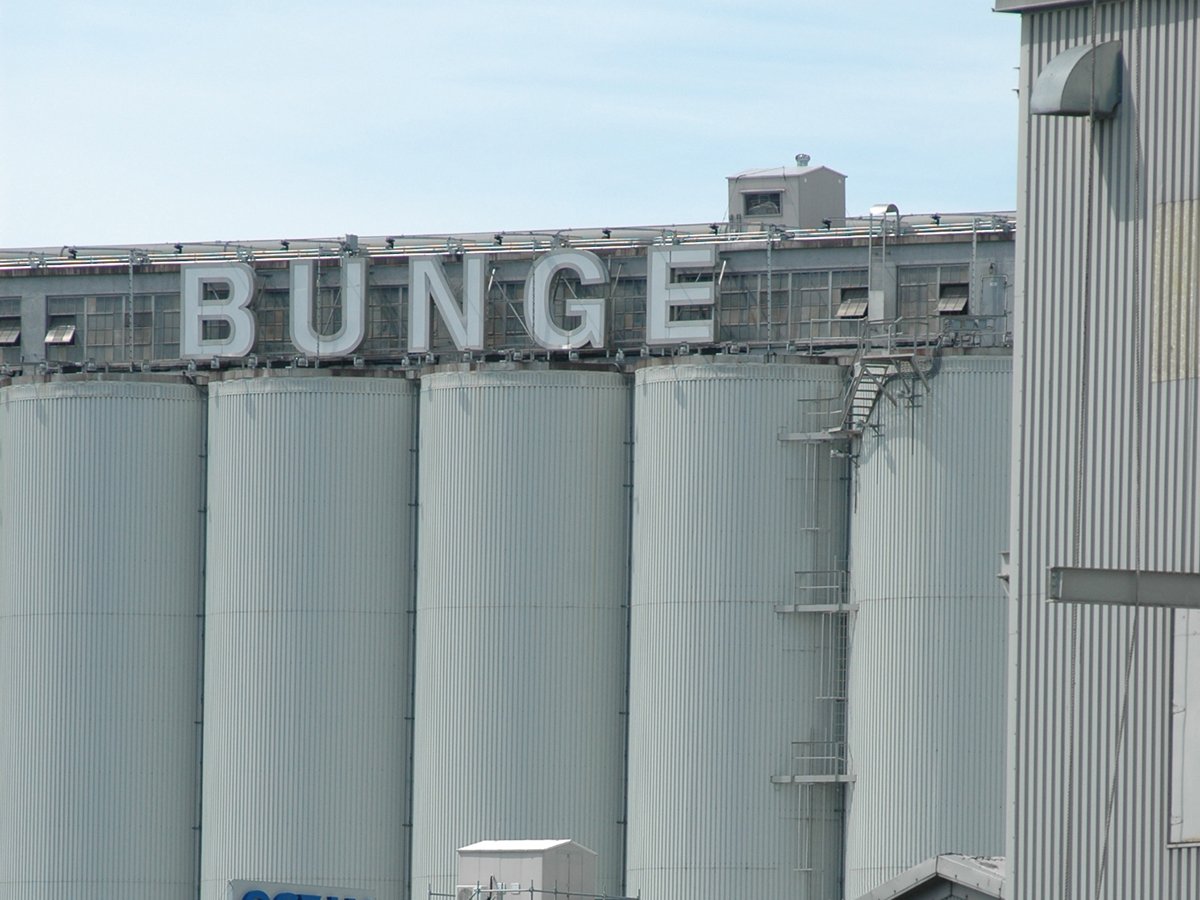Agricultural exporters pleased | All parties concede that Canada will need to make major changes to capitalize on deal
Agricultural exporters were on Parliament Hill last week to sing the praises of the Canada-European Union trade deal, even though significant questions remain about when benefits will be realized and at what cost.
Witnesses before the House of Commons agriculture committee, while enthusiastic, also conceded that several years of technical negotiations and significant changes by Canadian producers and meat packing plants will be required to meet the standards that Europe sets for packing plants and hormone-free animal production if the potential is to be realized.
Read Also

Bunge’s crop mix is changing
Bunge has predominantly been a soybean processing firm, but that’s about to change after the merger with Viterra with softseed processing and grain merchandising gaining ground.
Jim Laws of the Canadian Meat Council argued that Ottawa should create a five-year $10 million program to help packing plants gear up to meet EU standards.
John Masswohl, director of government and international relations for the Canadian Cattlemen’s Association, told MPs that 500,000 Canadian cattle would be needed to meet the potential European market.
However, producers must be willing to segregate part of their herd to be hormone and growth promotant-free to meet European conditions.
“I guess the main thing we still need to find out is when,” he told MPs.
The earliest likely implementation date is 2016, so when do producers begin to raise calves hormone-free and document it for proof in the European market?
“We look at it in terms of most of the calves in Canada are born in February, March so right now producers are going to wonder, will I start documenting those cattle that are born this winter or early next spring?” said Masswohl. “That’s for individual producers to decide.”
The deal announced several weeks ago by Canada and the EU could lead to $1.5 billion in increased farm and food product exports to Europe, Canadian Agri-Food Trade alliance executive director Kathleen Sullivan told MPs Nov. 5.
“Through the CETA (Comprehensive Economic and Trade Agreement), Canada has confirmed its support for farmers and for food processors, and Canada has let the world know that we are serious about trade,” she said.
Meat and cattle officials projected hundreds of millions of dollars worth of increased trade and argued that getting a trade deal before the United States gives Canadian exporters a significant advantage.
Masswohlexpects gains from the European trade deal will offset damages being caused by American country-of-origin labelling.
“It is curious that the negative impact of COOL of $640 million per year to the beef sector and about $500 million to the pork sector is roughly around the same numbers that we’re talking about in the benefit from (the European deal),” he said.
Grain Growers of Canada board member Franck Groeneweg said CETA will eliminate tariffs of up to $190 per tonne on wheat, $114 per tonne of oats and up to $120 per tonne of barley and rye over seven years after implementation.
“These tariffs are huge and they are about to disappear,” he said.
“Down the road, CETA will lock in permanent duty-free access. This trade deal is coinciding with new marketing changes for wheat and barley in Western Canada. It is easy to see that huge changes are on the horizon.”















